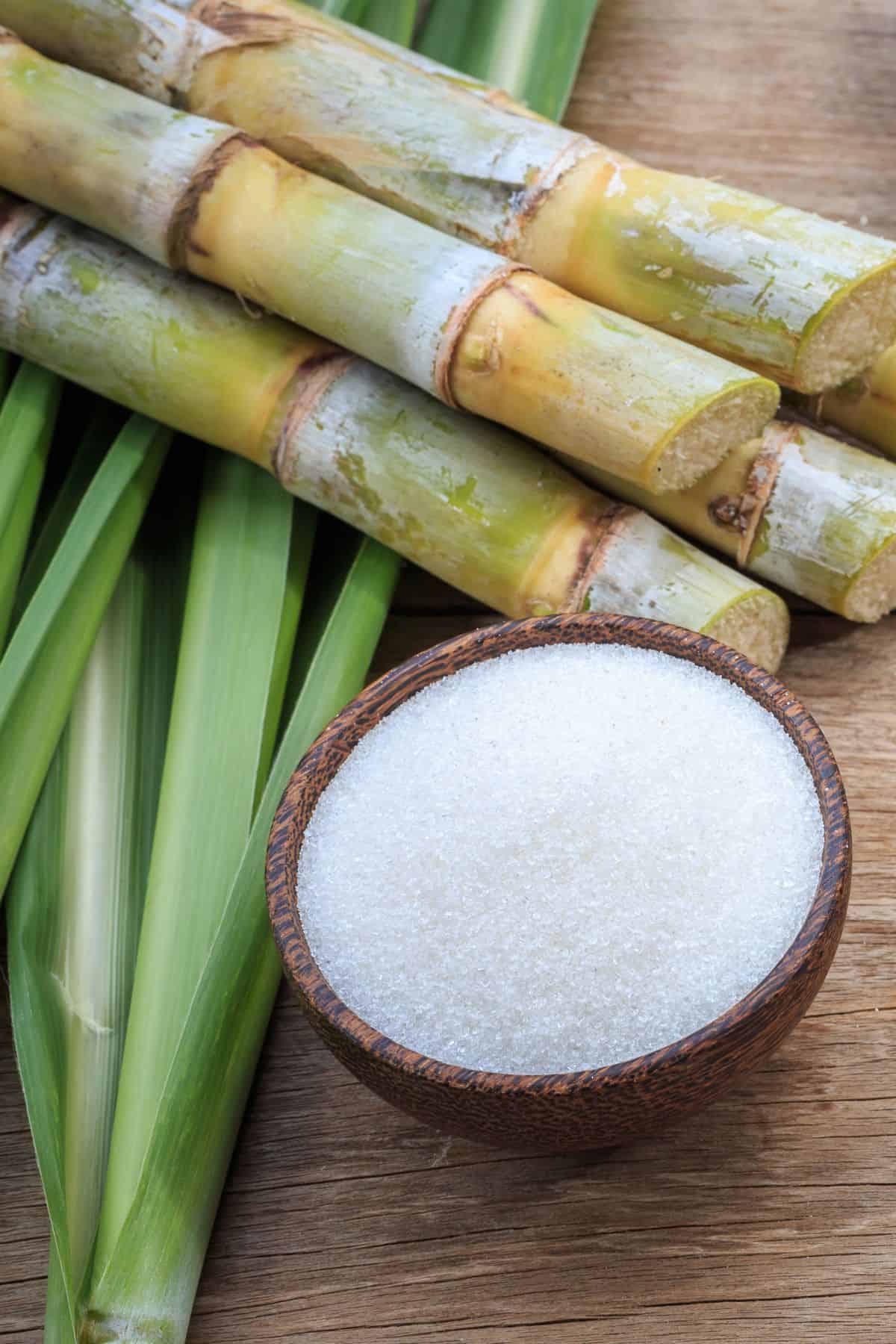Unlocking Potential: Cane Sugar Processing Chemicals Demystified
Unlocking Potential: Cane Sugar Processing Chemicals Demystified
Blog Article
Navigating Regulatory Conformity and Sustainability With Cutting-Edge Cane Sugar Processing Chemicals in the Chemical Export Industry

Regulatory Landscape Review
In the world of cane sugar processing chemicals within the chemical export industry, comprehending the governing landscape is vital for making certain conformity and sustainable procedures. Regulative bodies such as the Epa (EPA) and the Food and Drug Management (FDA) play an important role in managing the production, import, and export of these chemicals. Compliance with regulations established forth by these bodies is not just a legal need yet likewise important for maintaining public health and ecological safety and security criteria.
Regulative structures controling walking cane sugar handling chemicals incorporate a wide variety of aspects, including labeling requirements, allowable levels of certain substances, and standards for secure handling and disposal. For chemical exporters, this suggests adhering to rigorous documentation processes, quality assurance measures, and routine audits to show adherence to these policies.

Lasting Walking Cane Sugar Chemical Innovations

One prominent location of development is the growth of environmentally friendly chemicals that minimize water and energy usage throughout the sugar processing phases. By applying these sustainable services, business can decrease their carbon impact while preserving high degrees of efficiency. In addition, innovations in biodegradable chemicals are gaining grip, supplying a more ecologically friendly option to standard handling agents.
Moreover, the integration of renewable power resources in the manufacturing procedure is becoming a lot more common, further improving the sustainability profile of cane sugar handling. By accepting these sustainable walking stick sugar chemical advancements, companies can not just fulfill governing needs yet likewise show a dedication to environmental obligation in the chemical export sector.
Conformity Challenges in Exporting Chemicals
Navigating regulative structures presents substantial obstacles for chemical merchants, calling for meticulous attention to compliance standards and international laws. Exporting chemicals involves adherence to a complex web of regulations that differ from nation to nation. One of the main compliance challenges dealt with by chemical merchants is ensuring that the items fulfill the details governing needs of the importing nation. This consists of getting the essential authorizations, qualifications, and documents to show the security and legality of the chemicals being exported.
Additionally, chemical merchants should stay abreast of frequently advancing standards and regulations connected to chemical handling, manufacturing, and transportation. Failure to abide with these policies can cause serious effects, consisting of fines, lawful activity, and reputational damage. Navigating trade constraints, sanctions, and export control legislations includes an additional layer of complexity to the compliance landscape for chemical merchants.
To minimize these challenges, chemical exporters need to spend in robust compliance programs, perform routine audits, and involve with governing authorities to ensure a detailed understanding of the appropriate legislations and guidelines. By focusing on conformity and staying proactive in dealing with regulative difficulties, chemical merchants can browse the intricacies of global profession efficiently.
Environmental Influence of Walking Cane Sugar Processing
The environmental ramifications of walking cane sugar handling are a critical facet needing complete assessment in the chemical export market. Walking stick sugar handling can have considerable environmental impacts at various phases of production. Among the primary concerns is the generation of big volumes of wastewater containing organic issue, put on hold solids, and chemicals utilized in the handling plants. This wastewater, if not properly dealt with, can contaminate water bodies, harm marine life, and degrade total water quality. Furthermore, the burning of sugarcane areas before gathering, a common method in some areas, releases damaging air toxins and greenhouse gases into the ambience, adding to air high quality concerns and climate modification.
Moreover, the substantial use of pesticides and fertilizers in sugarcane growing can cause dirt destruction, water contamination, and injury to non-target microorganisms. It is essential for chemical exporters associated with the walking stick sugar processing market to apply lasting practices, buy advanced wastewater treatment innovations, promote accountable farming methods, and stick to rigorous ecological guidelines to reduce the negative ecological influence of their procedures.
Future Trends in Sustainability Practices
What cutting-edge techniques are chemical merchants in the walking stick sugar processing sector embracing to improve sustainability practices for the future? As the need for lasting methods continues to expand, chemical merchants are welcoming different patterns to you can try these out guarantee a greener future for the industry. One famous pattern is the shift in the direction of establishing and utilizing environmentally friendly chemicals in the handling of walking stick sugar. These chemicals are developed to decrease ecological impact while keeping high levels of performance in the production procedure.
An weblink additional essential fad is the implementation of innovative technologies such as automation and information analytics to optimize source use and reduce waste generation. By using the power of data and automation, chemical merchants can enhance their operations, enhance power efficiency, and improve general sustainability efficiency.
Furthermore, partnerships and collaborations with sustainability-focused companies and stakeholders are becoming progressively typical. By functioning with each other, chemical exporters can exchange understanding, share finest techniques, and jointly drive innovation towards more sustainable walking stick sugar handling techniques. Welcoming these fads will certainly not just profit the environment but also guarantee long-lasting success and competition in the market.
Final Thought
In verdict, the chemical export sector have to browse intricate governing landscapes and sustainability challenges when processing cane sugar. Developments in walking stick sugar processing chemicals are important to fulfilling conformity requirements and minimizing ecological effect. As the market remains to evolve, it is necessary for companies to adopt lasting techniques and remain ahead of future trends to ensure long-term success.
In the world of walking stick sugar processing chemicals within the chemical export industry, understanding the governing landscape is extremely important for making certain conformity and lasting procedures.Exploring innovative approaches in the development of lasting walking cane sugar chemical options is crucial for progressing ecological stewardship in the chemical export market. Companies are significantly spending in research and growth to produce sophisticated cane sugar handling chemicals that not only guarantee high performance in sugar manufacturing yet additionally adhere to rigid sustainability criteria.
Furthermore, chemical exporters should remain abreast of constantly progressing standards and laws associated to chemical production, transportation, and handling - Cane Sugar Processing Chemicals.The environmental ramifications of walking stick sugar handling are a vital element find here needing detailed examination in the chemical export market
Report this page